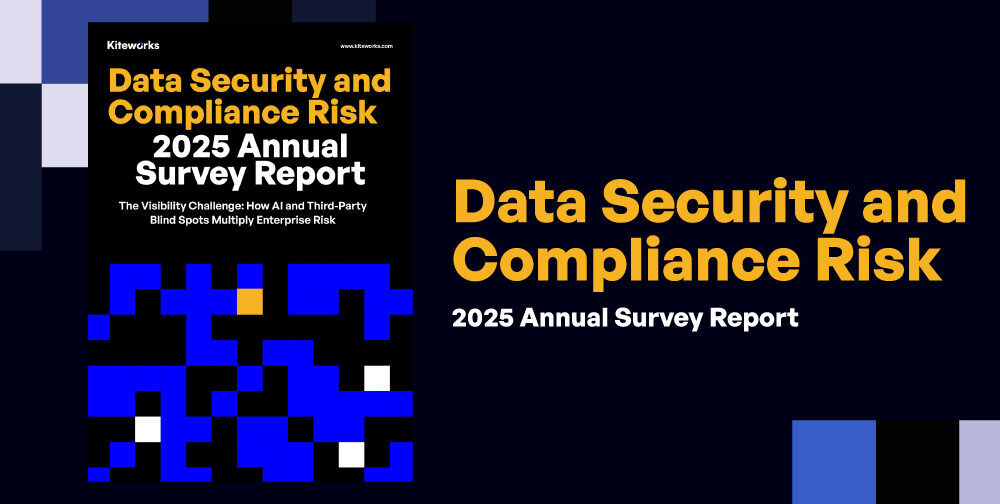Artificial Intelligence (AI) is reshaping industries worldwide, from healthcare to finance. Naturally, gamblers and betting enthusiasts wonder: can AI be used to predict gambling outcomes?
After all, if machines can forecast stock prices or detect patterns in massive datasets, could they also crack the code behind online slots, lotteries, live casino games, or even sports betting?
The short answer is yes and no. AI has potential in certain areas of gambling, but it cannot magically beat systems designed to be random. Let’s break it down by category.
Online Slots
Online slot machines run on Random Number Generators (RNGs), which ensure that every spin is independent and unpredictable. These RNGs are regularly tested and certified to prevent manipulation.
AI cannot “predict” when a slot will pay out, because each spin has no memory of the previous one. However, AI can still play a role by:
- Analysing slot volatility: AI tools can help players understand which games have higher risk but bigger rewards versus those that pay smaller, more frequent wins.
- Detecting patterns in player behaviour: Casinos use AI to monitor how players engage with slots, but this is about personalisation and responsible gaming, not predicting outcomes.
In short, AI can’t break RNGs, but it can give insights into game mechanics and help players manage expectations.
Lottery Games
Lotteries are the epitome of chance. Draws are random, and every ticket has an equal probability of winning. Whether AI can predict lottery numbers has been the source of much debate, but there is no conclusive evidence to suggest it can.
AI might analyse historical data to find “patterns” in lottery draws, but these patterns are coincidental rather than predictive. For example, if the number 7 appears frequently in past draws, it doesn’t increase the odds of it appearing again.
The only legitimate way AI is used in lotteries is for:
- Fraud detection
- Ticket distribution optimisation
- Customer engagement
But predicting winning numbers? Impossible.
Live Casino Games
Live casino games like roulette, blackjack, or baccarat are streamed in real time with real dealers.
- Roulette: Like slots, outcomes rely on chance, and AI cannot predict where the ball will land.
- Blackjack: Here, AI can provide some advantage. Since the game involves strategy and probability, AI tools can simulate optimal decisions based on the cards dealt. However, most casinos use multi-deck shuffling and anti-card-counting measures, making long-term AI predictions unreliable.
- Baccarat & other games: These are largely chance-based, meaning AI has no predictive edge.
AI’s role in live casino games is mostly limited to improving user experience and spotting unusual betting behaviour.
Sports Betting
Sports betting is where AI truly shines. Unlike slot machines or lotteries, sports outcomes aren’t purely random; they depend on player performance, team statistics, injuries, weather conditions, and countless variables.
AI models can:
- Analyse huge datasets of historical matches
- Assess player fitness and form through biometric or social media data
- Predict probabilities more accurately than traditional human-led methods
While AI can’t guarantee wins, it can provide data-driven insights that give bettors an edge. That said, sportsbooks also use AI to adjust odds in real time, keeping the house advantage intact.
So, Can AI Predict Gambling Outcomes?
The reality is that AI cannot crack systems that are intentionally designed to be pure chance, like slots, lotteries, or roulette. However, in skill-based or data-heavy areas like sports betting, AI can be a powerful analytical tool.
Ultimately, gambling remains gambling. No AI can eliminate risk or ensure consistent wins. At best, AI can help players make smarter, more informed decisions. At worst, it risks fueling overconfidence and problem gambling.
As technology advances, AI’s role in the gambling world will likely continue to grow, but it won’t replace luck, randomness, and the unpredictable thrill that makes gambling what it is.



































